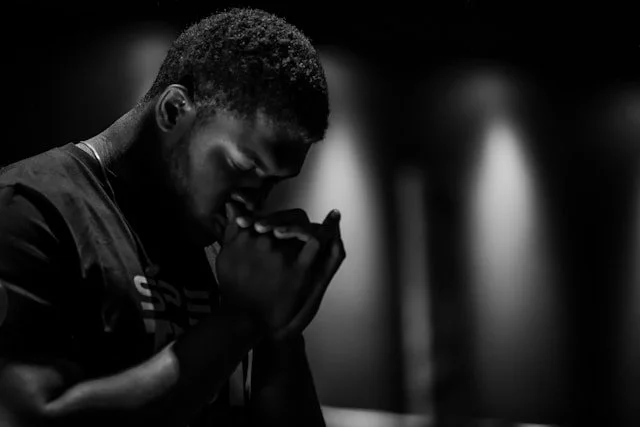Weeks before I received my first calling as a pastor, the elders decided that they were going to seek tWho wouldn’t want to experience God’s blessing? So, then, how can we step into the blessing of God? One of the straightforward ways the Bible teaches us that he blesses us is through children. Look, for instance, at the book of Genesis, where blessing is directly correlated to having children:
And God blessed them. And God said to them, “Be fruitful and multiply and fill the earth and subdue it.” (Gen. 1:28)
And God blessed Noah and his sons and said to them, “Be fruitful and multiply and fill the earth.” (Gen. 9:1)
The angel of the Lord also said to [Hagar], “I will surely multiply your offspring so that they cannot be numbered for multitude.” (Gen. 16:10) acquire property and build a new facility for the church. They informed me that leading the relocation and capital campaign efforts would be part of my job. As a fresh seminary graduate, I had precisely zero requisite experience for the task. I had no experience in fundraising or contracting. And, of course, seminary did not include any preparation for the task.
Over the course of those years, I had to learn a lot, but perhaps the most important lesson I learned was that leading a congregation through a capital campaign could be a significant spiritual blessing.














